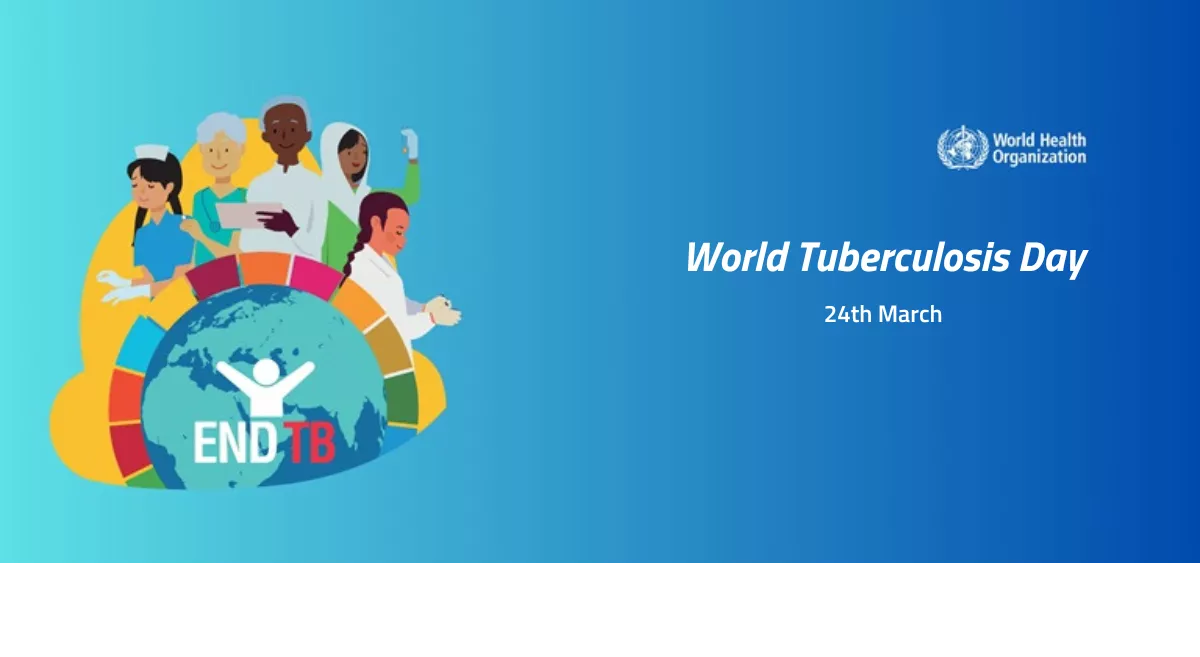A surgeon removes blood vessels from another part of your body like your chest, leg, abdomen or arm to go around, or bypass, a blocked artery. As a result, more blood and oxygen can flow to your heart again. You will be able to resume a normal lifestyle, and you will have a lower risk of getting a heart attack or other heart problems.
Why do you need a heart bypass surgery?
Heart bypass surgery also known as coronary artery bypass graft surgery (CABG), is recommended for patients when the coronary arteries become blocked or damaged with calcium and fatty deposits called plaques, and when the blockage is too severe to be managed with medication or other treatment. CABG is most often suggested for patients with blockages in multiple blood vessels or for patients with a blockage in their heart’s left main coronary artery, which supplies most of the blood flow to the heart’s lower left chamber, the left ventricle. If they are blocked or the flow of blood is restricted, the heart cannot function properly. This can lead to heart failure and you may experience pain in the chest or angina pectoris, irregular heartbeat and shortness of breath.
Can medical conditions complicate surgery?
Some medical conditions such as diabetes, emphysema, kidney disease, and Peripheral Artery Disease (PAD) can complicate surgery or exclude it as a possibility altogether.
What Are the Risks?
As with any surgery, CABG does carry risks. The surgery generally takes 3 to 6 hours. The risks differ from person to person, depending on the severity of heart disease, type of operation, age, and the current state of health. However, recent technology advancements have helped improve the procedure, making the success rate much higher.
Some of the possible risks include:
- Fever
- Arrhythmia
- Wound infection
- Bleeding
- Memory loss
- Pulmonary problems
- Renal failure
- Stroke
Some tips before surgeryA lot of the preparation that you do before your surgery will help you afterward while you are recovering.
- Stay active before surgery - Some amount of physical activity definitely helps recovery. Before surgery, walk up the stairs, walk for a few kilometres or how much ever you can walk within reason, and it should speed your recovery
- Stop smoking - It is important to stop smoking in order to lower your risk of lung complications like pneumonia
- Eat healthy, but do not diet - You should not be dieting before heart surgery. You will do much better if you come nutritionally prepared by consuming the calories you need to heal and have energy.
- Stay positive - It is important to take an active role in your own recovery. Keeping a positive attitude is critical to long-term success.
- Take your medicine - Beta blockers and antiplatelet therapy are especially important. They prevent the formation of blood clots, lower your heart’s oxygen requirements and decrease the risk of arrhythmias.
Recovery time
You can expect to stay in the hospital for about a week after having a bypass surgery, including at least 1 or 2 days in the Intensive Care Unit (ICU).If you have an office job, you can usually go back to work in 4 to 6 weeks. While in the ICU, you will also have bandages on your chest incision and on the areas where an artery or vein was removed for grafting and several other tubes such as chest tubes, a catheter, and an arterial line as well as IV tubes attached. Most people make a full recovery within 12 weeks of the operation. However, if you experience complications during or after surgery, your recovery time is likely to take longer.
Side effects of surgeryAfter you have been discharged from the hospital, you may experience some side effects as a result of the operation. Side effects tend to disappear within 4 to 6 weeks of the operation but can include:
- Difficulty sleeping
- Poor appetite
- Constipation
- Swelling
- Muscle pain or back pain
- Mood swings
Life after Bypass
After bypass surgery, your doctor will recommend that you join a cardiac rehabilitation program. These programs help you make lifestyle changes such as eating a healthy, balanced diet, exercising regularly, giving up smoking, maintaining a healthy weight, treating high blood pressure and high cholesterol and learning to deal with stress.
Ongoing Care
You will visit your doctor several times after surgery for periodic checkups to track your progress. During these visits, tests may be done to see how your heart is working. Tests may include Electrocardiogram (ECG or EKG), stress testing, echocardiography, and cardiac CT.
Taking medicines as prescribed also is an important part of care after surgery. Your doctor may prescribe medicines to manage pain during recovery, lower cholesterol and blood pressure, reduce the risk of blood clots forming, manage diabetes or treat depression.





